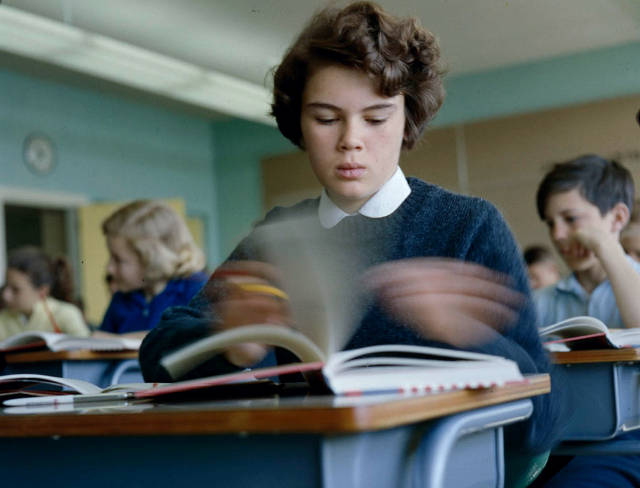Good news for pupils at primary schools on the Isle of Wight as standards in reading and mathematics continue to improve.
The Department for Education has today (11 December) released Key Stage 2 validated SAT results which show an increase in reading and maths on previous years, with writing remaining at the national average (89%).
The percentage of Isle of Wight pupils achieving level 4 or above in reading, writing and maths was 75% (compared to 72% in 2013 and 71% in 2012). This is four percentage points below the national average of 79%.
In reading, the percentage of pupils achieving level 4 was the same as the national average, 89%.
In writing (grammar, punctuation and spelling), the percentage of pupils achieving level 4 was 72% compared to 76% nationally.
In maths, the percentage of pupils achieving level 4 was 84% compared to 86% nationally.
Executive member for Children’s Services, Cllr Jonathan Bacon told OnTheWight,
“Results for 11 years olds improved in 2014. The Key Stage 2 figures show that the Isle of Wight improved by three percentage points, one point more than the national improvement. We are getting closer to the national average and I’m really pleased that our 11 year olds are now reading as well as is the case across the country.
“This is a good effort from parents, schools and, of course, the children themselves. We also saw a huge improvement in the number of our youngest children who achieved a ‘good level of development’ in 2014 and that should ensure improving standards in schools in the future.”
Higher floor standard
Schools Minister, David Laws, praised primary schools across the country for responding to the challenge of a higher floor standard.
The Floor Standard
In 2014, schools will be deemed to be underperforming if their performance is below the ‘floor
standard’. A school is below the minimum expected level if:
- fewer than 65% of pupils at the end of key stage 2 achieving level 4 or above in all of reading, writing and mathematics; and
- the proportion of pupils making two levels of progress in reading, writing or mathematics are all below the median level for all state-funded mainstream schools.
Laws: “Committed to helping schools do more”
David Laws went on to say,
“It is also encouraging to see the attainment gap between disadvantaged children and their peers continue to narrow and parents, teachers and pupils deserve to be congratulated for their efforts.
“But we know there is more to do and there are still too many areas with simply unacceptable levels of attainment for disadvantaged pupils.
“We are committed to helping schools do more and have increased the pupil premium they receive per pupil to £1,300 so they have the resources they need.”
Image: Biblio Archives under CC BY 2.0





